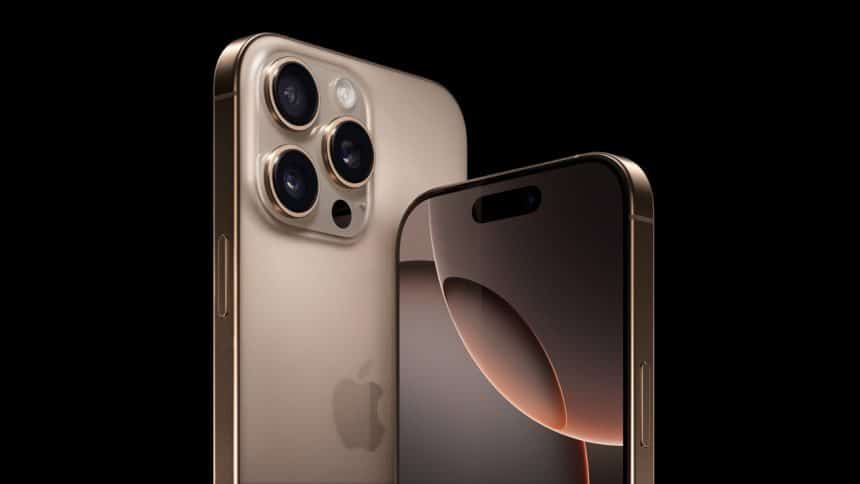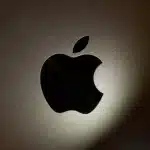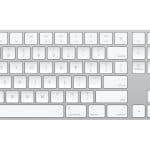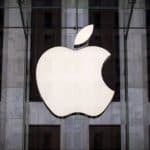Despite a fresh 25% tariff on imported iPhones, the White House insists Apple customers shouldn’t expect price hikes. Kevin Hassett, Director of the National Economic Council, dismissed the tariff’s impact as minimal, describing it as a “tiny little tariff.” He claimed Apple would absorb the added cost rather than passing it on to buyers.
This statement followed President Trump’s announcement that Apple—not China—would be paying the new import tax. The move deviates from Trump’s usual claims that foreign nations bear tariff costs.
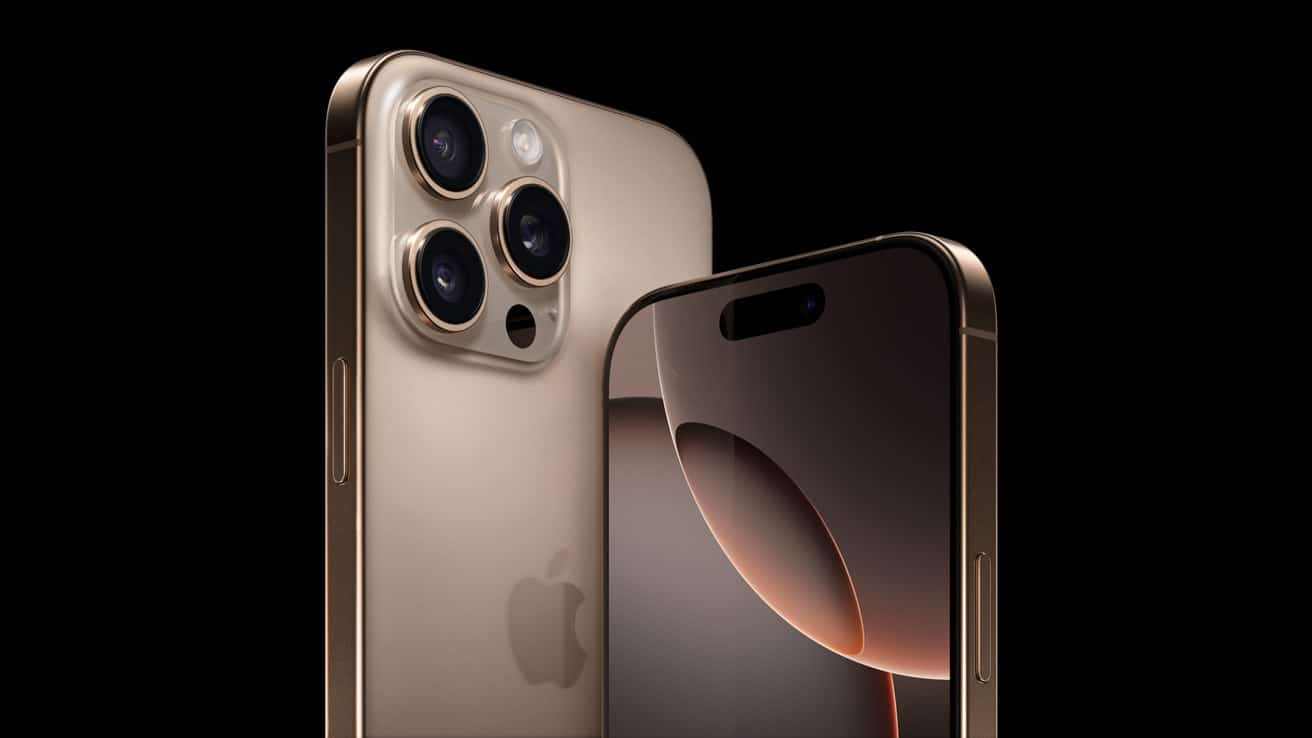
Apple Faces Pressure but Maintains Calm
Apple already projected $900 million in tariff-related costs for the June quarter, even before this latest tariff. Analysts at Morgan Stanley now warn that the new levy could pressure Apple to raise global iPhone prices. However, Hassett believes otherwise. He argued that Apple’s large-scale production gives it flexibility and that price increases are unlikely due to elastic supply.
“Apple will bear those tariffs, not consumers,” Hassett stated, suggesting that demand and production could balance the added costs.
Uncertainty Remains Around Future Action
Hassett acknowledged that Apple couldn’t move its iPhone production out of China overnight. When asked whether the administration might grant Apple a reprieve if it shifts production to the U.S., he simply responded, “We’ll see what happens.”
Notably, Trump has already directed companies like Walmart not to pass on tariff costs to shoppers. While Apple hasn’t received such a direct order, the political pressure to maintain price stability remains high.
A Strategic Standoff
This development reflects a larger strategic game between business and government. While Apple tries to protect its supply chain and customers, the White House walks a fine line—punishing China while not alienating one of America’s biggest tech giants. Whether this balance holds as tariffs expand remains to be seen.
